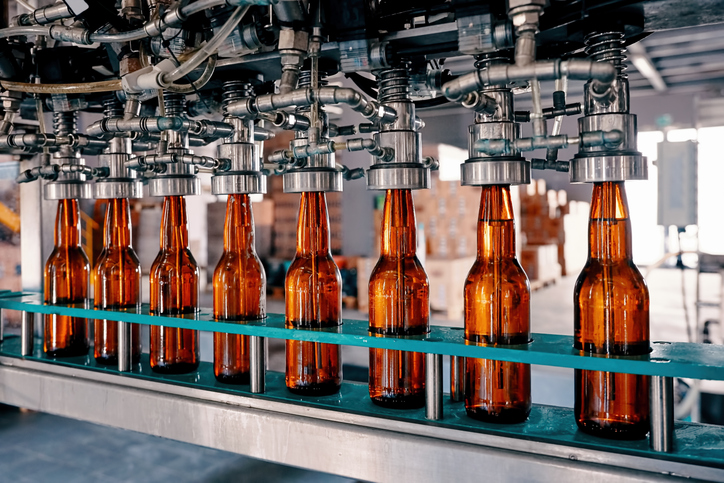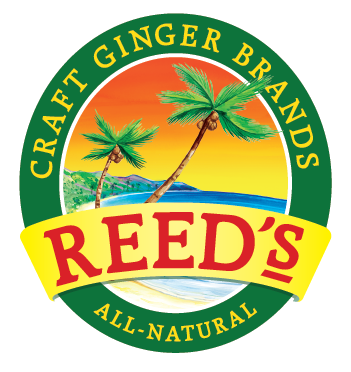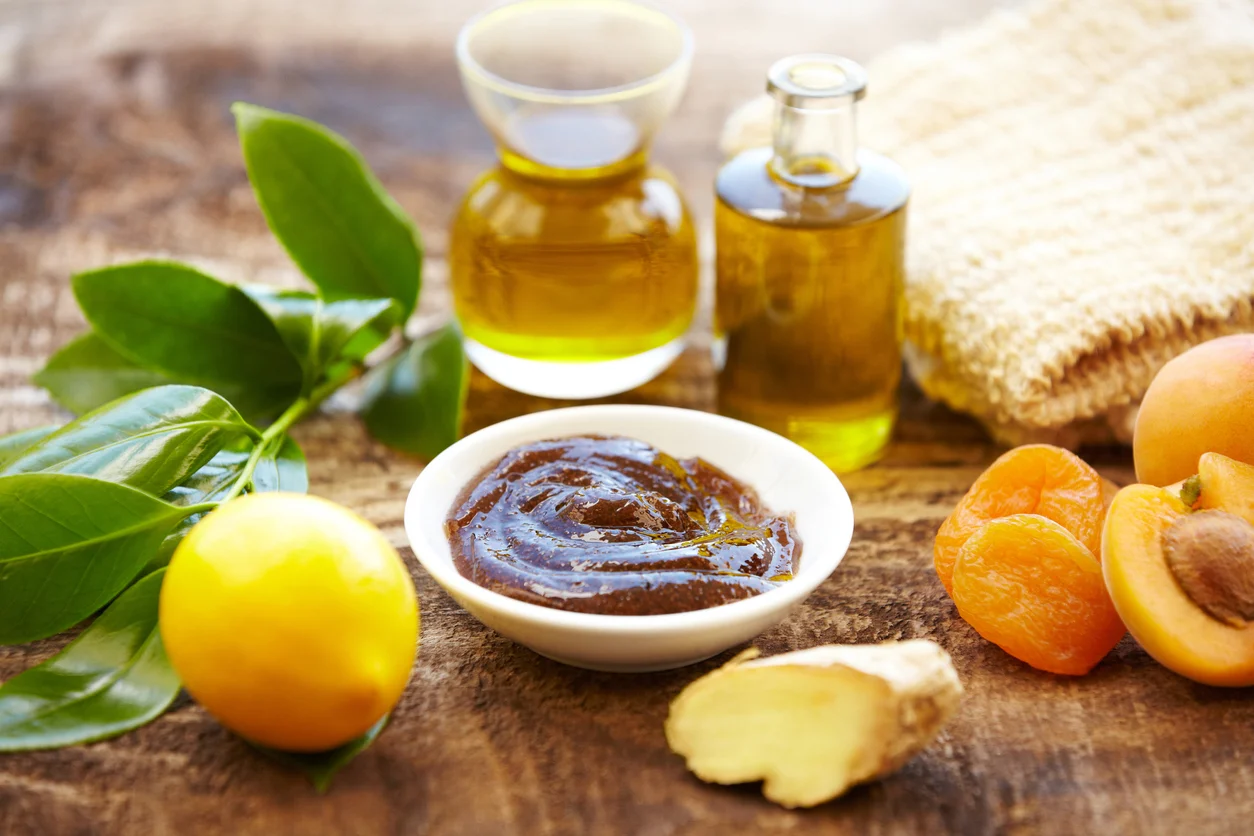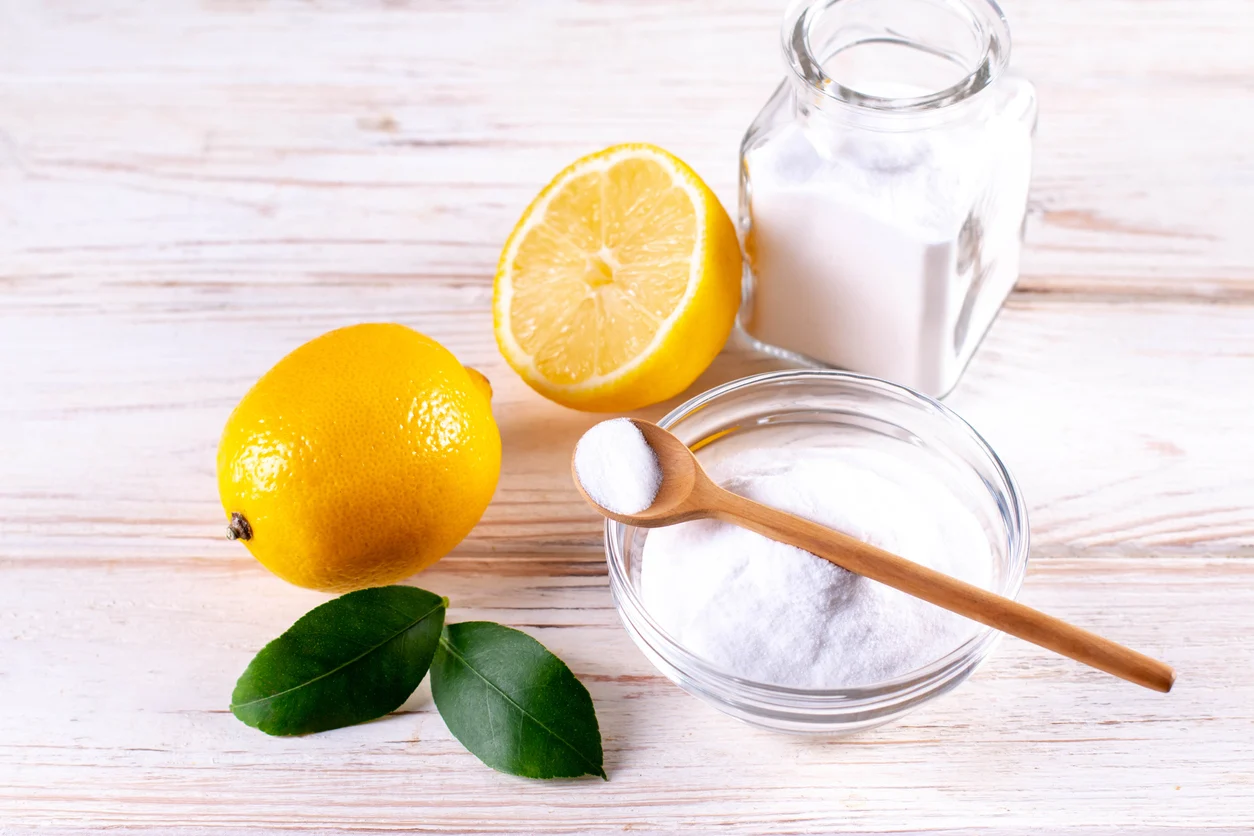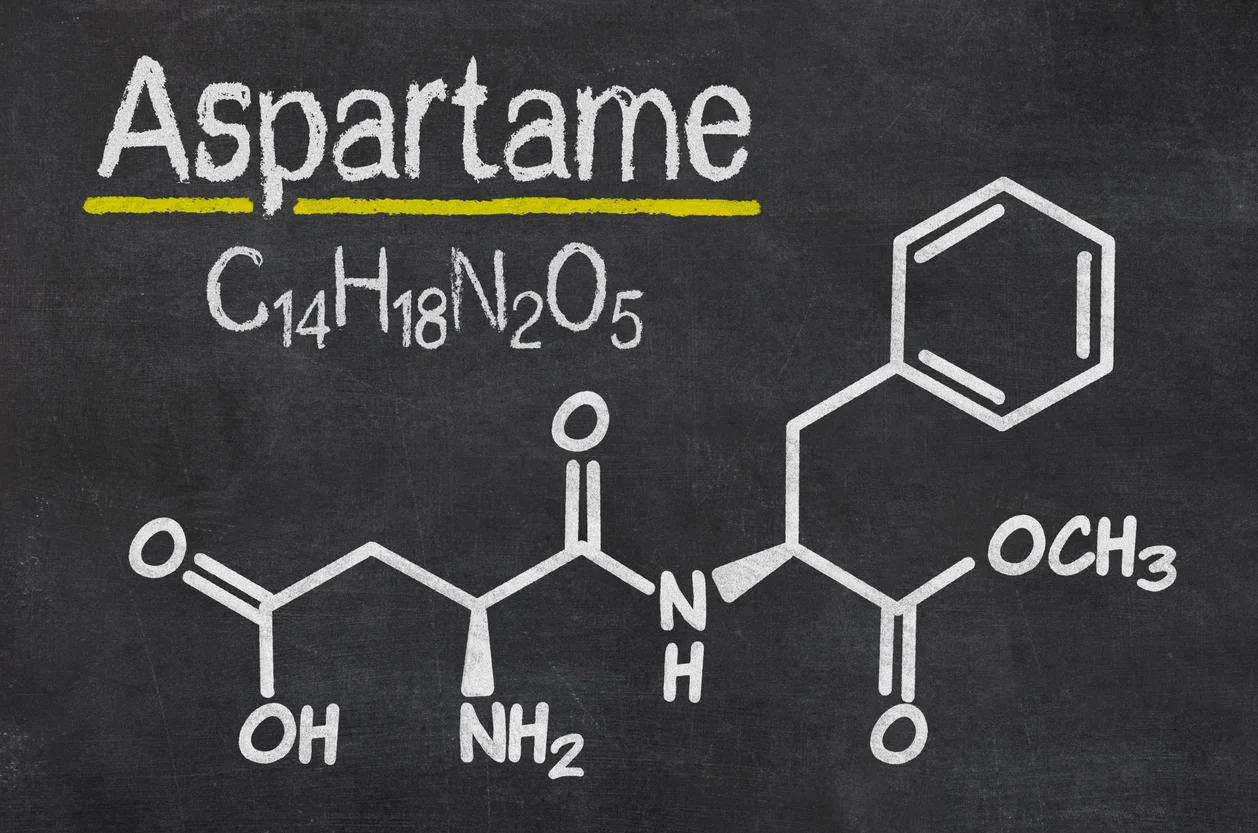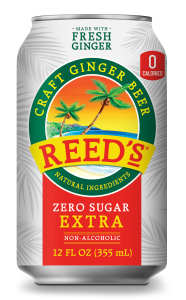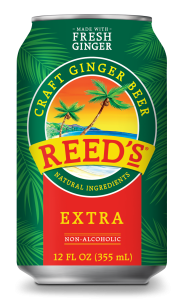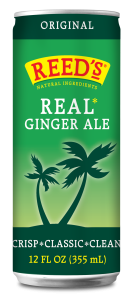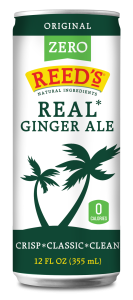Beverage Trends 2025
The beverage industry in 2025 is brimming with innovation and creativity, driven by evolving consumer preferences, technological advancements, and an increasing focus on health and sustainability. From nostalgic cocktail revivals to the rising prominence of functional beverages, let’s dive deep into the key trends shaping the beverage landscape this year.
1. Experiential Beverage Events
Beverages are no longer just about taste; they’re about the experience. Brands are leveraging immersive events to connect with their audiences in memorable ways. For example, beverage companies are creating themed events around concerts, holiday celebrations, and cultural moments, providing a platform for consumers to engage directly with their products. These events often feature interactive elements like mixology workshops or personalized drink creations, fostering a deeper emotional connection between consumers and brands.
2. Nostalgic Cocktails: A Taste of the Past
Nostalgia continues to be a powerful driver in the beverage market. In 2025, classic cocktails from the 1990s are making a comeback, but with modern twists. Bartenders and beverage companies are revisiting drinks like cosmopolitans, mojitos, and amaretto sours, enhancing them with artisanal ingredients and unique presentations. This trend appeals not only to older consumers who recall these drinks fondly but also to younger audiences who are drawn to their retro charm.
3. Soda Reinvented
Soda is undergoing a renaissance, with an expanded variety of options catering to diverse tastes and health-conscious consumers. Prebiotic sodas, which promote gut health, are gaining traction alongside the popularity of “dirty sodas,” customizable soda-based beverages with added syrups, creams, or fruit flavors. These innovations make soda appealing to a broader demographic, from health enthusiasts to indulgence seekers.
4. The Rise of Miso-Infused Beverages
Adventurous flavors are taking center stage, and miso is emerging as an unexpected star ingredient. Known for its savory and umami-rich profile, miso is being infused into coffees, cocktails, and even teas. These beverages cater to consumers seeking complex and unconventional taste experiences, offering a delightful blend of sweet, salty, and earthy notes.
5. Sparkling Tea: The Sober-Curious’s Champagne
As the sober-curious movement continues to gain momentum, sparkling tea has carved a niche for itself as a sophisticated alternative to alcoholic beverages. These teas offer a celebratory vibe similar to champagne, making them ideal for social occasions. With a variety of flavors and premium packaging, sparkling teas are becoming a staple in the alcohol-free beverage market.
6. Banana-Flavored Cocktails
Banana is having a moment in the cocktail world. From creamy concoctions to spirit-forward drinks, banana flavors are being embraced for their versatility and ability to add a tropical twist. This trend reflects consumers’ growing appreciation for fruity and exotic ingredients, providing a refreshing departure from traditional cocktail flavors.
7. Functional Beverages: Health in Every Sip
Health and wellness remain central to consumer choices, and functional beverages are leading the charge. These drinks go beyond quenching thirst by offering specific health benefits, such as improved gut health, stress relief, or enhanced energy levels. Ingredients like CBD, L-theanine, and adaptogens are being incorporated into beverages, catering to consumers who prioritize self-care and mental well-being.
8. Non-Alcoholic Beverages: A Growing Market
The non-alcoholic beverage segment is booming, fueled by health-conscious consumers and those participating in the sober-curious movement. Non-alcoholic spirits, wines, and beers are becoming more sophisticated, offering complex flavors that rival their alcoholic counterparts. These products are not only satisfying the needs of abstainers but also appealing to drinkers looking to moderate their alcohol intake without sacrificing taste.
9. AI in Beverage Development and Marketing
Artificial intelligence is revolutionizing the beverage industry by streamlining product development and enhancing marketing strategies. AI tools analyze consumer data to predict trends, optimize flavor profiles, and create personalized recommendations. For instance, beverage companies are using AI to design custom drink recipes and tailor marketing campaigns to specific demographics, ensuring a more targeted and impactful approach.
10. Sustainability: Beyond Packaging
Sustainability is no longer a buzzword—it’s a necessity. In 2025, beverage companies are going beyond eco-friendly packaging to implement sustainable practices throughout their supply chains. From sourcing ingredients responsibly to reducing water usage in production, brands are prioritizing environmental stewardship. Consumers are increasingly drawn to companies that demonstrate a genuine commitment to sustainability, making this trend both an ethical imperative and a competitive advantage.
11. Plant-Based Innovations
The plant-based movement is expanding into the beverage sector, with a surge in dairy-free milks, protein shakes, and plant-based energy drinks. Oat milk, almond milk, and even emerging options like potato milk are being used as bases for a variety of beverages. These options cater to vegan consumers, those with dietary restrictions, and anyone seeking a more sustainable alternative to traditional dairy products.
12. Hyper-Personalization in Beverage Choices
Consumers are craving beverages that reflect their individuality, and brands are delivering. Hyper-personalization is being enabled by technology and customization options, allowing consumers to choose ingredients, flavors, and even packaging designs. For example, beverage kiosks in stores and online platforms offer customizable drink blends, ensuring every sip aligns with the consumer’s unique preferences.
13. Global Flavors on the Rise
Cultural exploration is influencing beverage trends, with global flavors making their way into mainstream markets. Drinks featuring ingredients like yuzu, tamarind, and cardamom are gaining popularity, offering consumers an opportunity to explore international cuisines through their beverages. This trend reflects a growing curiosity for diverse and authentic taste experiences.
14. The Convenience Factor: RTD Beverages
Ready-to-drink (RTD) beverages are surging in popularity due to their convenience and versatility. From canned cocktails to bottled smoothies, these beverages cater to busy lifestyles and on-the-go consumption. In 2025, RTD products are becoming more premium, with craft-quality options that rival freshly prepared drinks.
15. The Social Media Effect
Social media continues to be a powerful driver of beverage trends. Platforms like Instagram and TikTok are shaping consumer preferences, with visually striking and shareable drinks gaining the most traction. Beverage companies are creating photogenic products and campaigns designed to go viral, leveraging the power of social media to boost brand visibility and engagement.
Conclusion
The beverage industry in 2025 is a dynamic and exciting space, reflecting the diverse needs and preferences of modern consumers. Whether it’s the embrace of nostalgic cocktails, the innovation of functional and sustainable beverages, or the integration of AI, these trends demonstrate the industry’s ability to adapt and thrive. As we raise a glass to these developments, one thing is certain: the future of beverages is as refreshing as ever.
